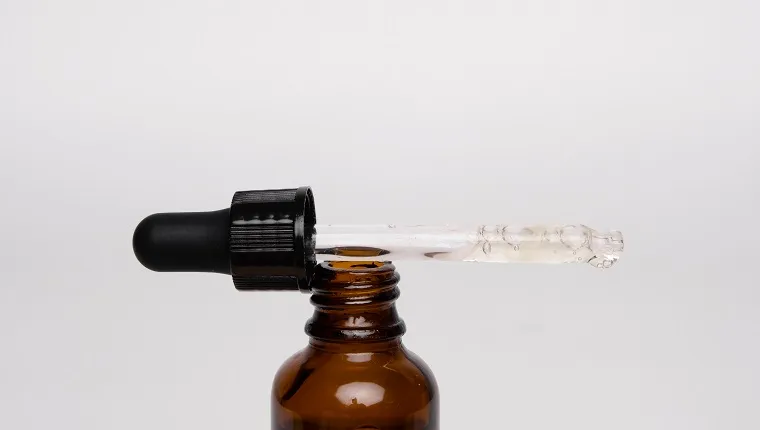Greetings, fellow feline enthusiasts! Today, we’re diving into the world of mineral oil for cats—a topic that’s sparked curiosity among pet owners. As an animal expert, I’m here to guide you through the uses, dosage, and potential side effects of this slippery substance, with insights from vets and government bodies. Let’s embark on this enlightening journey!
What is Mineral Oil, Anyway?
Let’s start with the basics. Mineral oil is a clear, odorless, and tasteless substance derived from petroleum. It’s often used for various purposes, including as a laxative for both humans and pets. But can cats benefit from this slippery solution?
The Vet’s Take: Uses of Mineral Oil for Cats
Vets sometimes recommend mineral oil for cats, primarily as a stool softener or laxative. If your feline friend is experiencing constipation or has ingested something indigestible, mineral oil can help lubricate the digestive tract and ease the passage of stool. However, it should only be used under the guidance of a veterinarian.
Government Guidelines on Pet Care
Government bodies provide guidelines on responsible pet ownership, and these guidelines stress the importance of seeking professional veterinary advice before administering any medication or supplement to your pet, including mineral oil. Always consult with your vet to ensure the safety and efficacy of any treatment.
Dosage: How Much is Too Much?
Determining the correct dosage of mineral oil for your cat is crucial. Never attempt to administer it without consulting your vet first. The dosage will depend on your cat’s size, weight, and specific medical condition. Incorrect dosage can lead to complications, so it’s essential to follow your vet’s recommendations carefully.
Potential Side Effects and Precautions
While mineral oil can be beneficial when used correctly, it’s not without its potential side effects. Cats may experience diarrhea, dehydration, or aspiration pneumonia if the oil is inhaled into the lungs. It’s vital to closely monitor your cat during treatment and report any adverse reactions to your vet immediately.
Conclusion: A Slippery Path to Feline Health
In conclusion, mineral oil can be a valuable tool in addressing certain digestive issues in cats, but it should only be used under the guidance of a veterinarian. Adhering to government guidelines on responsible pet care is crucial to ensure your feline friend’s safety and well-being. Remember, when it comes to your cat’s health, it’s always better to seek professional advice than to navigate the slippery slopes on your own.
- Best LeadsGorilla Alternatives for 2025 - April 19, 2025
- Best Coldlytics Alternatives for 2025 - April 19, 2025
- Best Brevo Alternatives for 2025 - April 18, 2025



